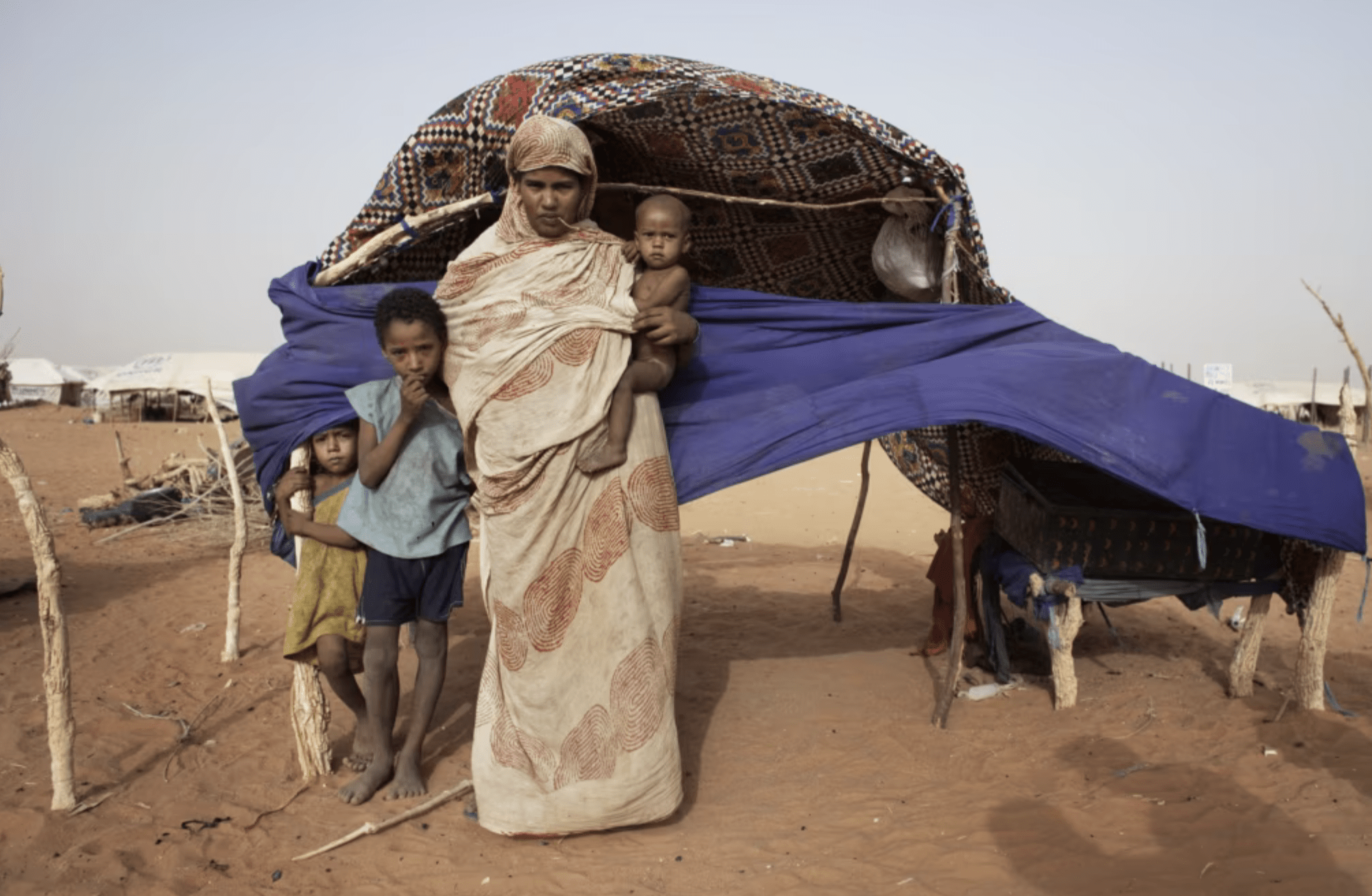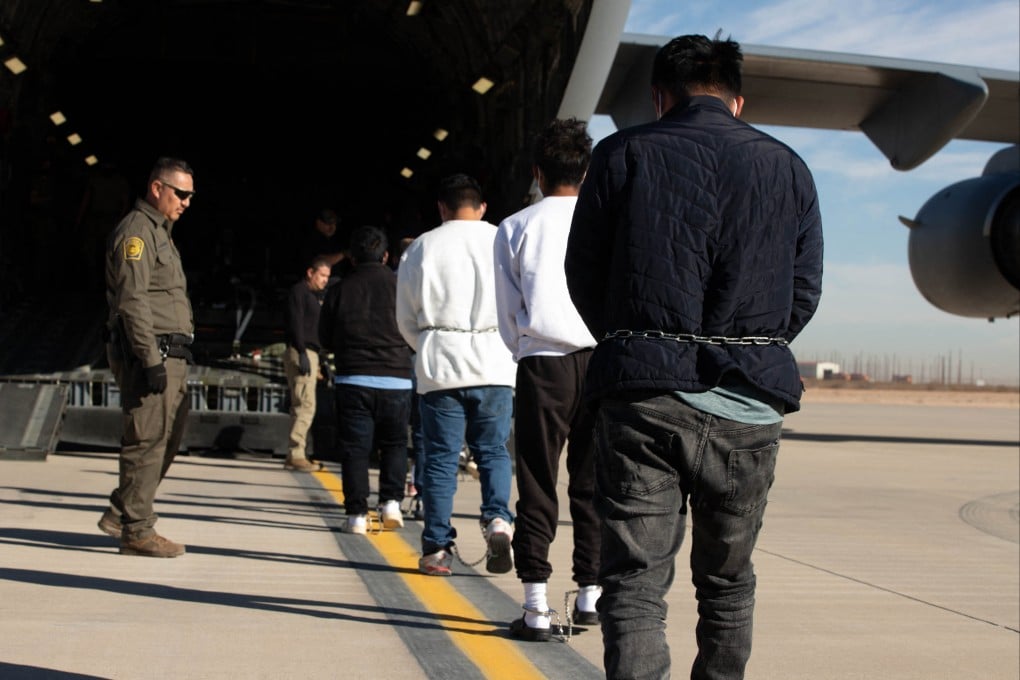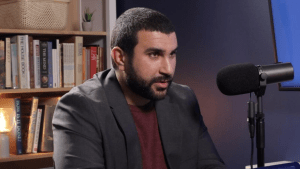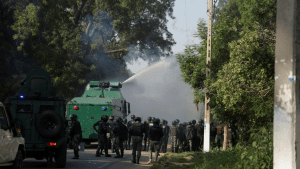Tunisia: Europe remains just out of migrant’s reach

The EU’s anti-immigration deals with Tunisia do not seem to deter migrants from continuing their attempts to enter Europe.
Seeking shelter beneath olive groves and surviving on rations, thousands of migrants continue to wait in towns outside of Sfax for their potentially fatal opportunity to cross the Mediterranean, AFP reported on 28th April.
Refugees International released a report, calling for a revaluation of the EU and US’s migration cooperation with Tunisia due to the numerous human rights violations and the appalling treatment of migrants who make Tunisian cities their temporary home.
READ: Tunisia: migrants face appalling conditions, despite EU funding
However, the EU continue to strike agreements and funnel funding into Tunisia – in March, some MEPs claimed that the 150 million euros awarded for migrant aid was misdirected into President Kai’s Saied’s pocket.
Sfax – which currently hosts around 20,000 migrants – has become a significant launching point for migrants looking to cross the Mediterranean, due to its close proximity to Italy.
Migrant camps and tents have swarmed El-Amra and Jebeniana after Saied’s regime forcibly removed the asylum seekers from the main city.
Ibrahim, a 17-year-old boy, originally from Guinea, left his home over a year ago with hopes that he could reach Europe and be able to “provide for his sick mother and little brother.”
Last year, violence against migrants plagued Tunisia after the president’s evocative hate speech, which left hundreds of sub-Saharan Africans without jobs or a place to call home.
Many are “very tired of the police”, as the authorities respond with violence rather than olive branches. Tear gas canisters litter the streets near Jebeniana, alongside piles of bulldozer-wrecked tents.
Ibrahim detailed that even once migrants are able to find work when the time comes for employers to foot the bill, “they would call the police”.
The bittersweet reality for migrants like Ibrahim is that they “are only a few kilometres from Europe,” but between Sfax and Italy lies one of the world’s most deadly maritime crossings.
In spite of the major health and hygiene risks, and the extreme human rights violations, many migrants revealed that they would not return to their home countries.
22-year-old Sokoto – who only entered Algeria last January after leaving Guinea three years ago – stated “The reverse gear is broken…I left to help my family and I suffered a lot to get here.”
AFP/RI/The Guardian
Want to chase the pulse of North Africa?
Subscribe to receive our FREE weekly PDF magazine














